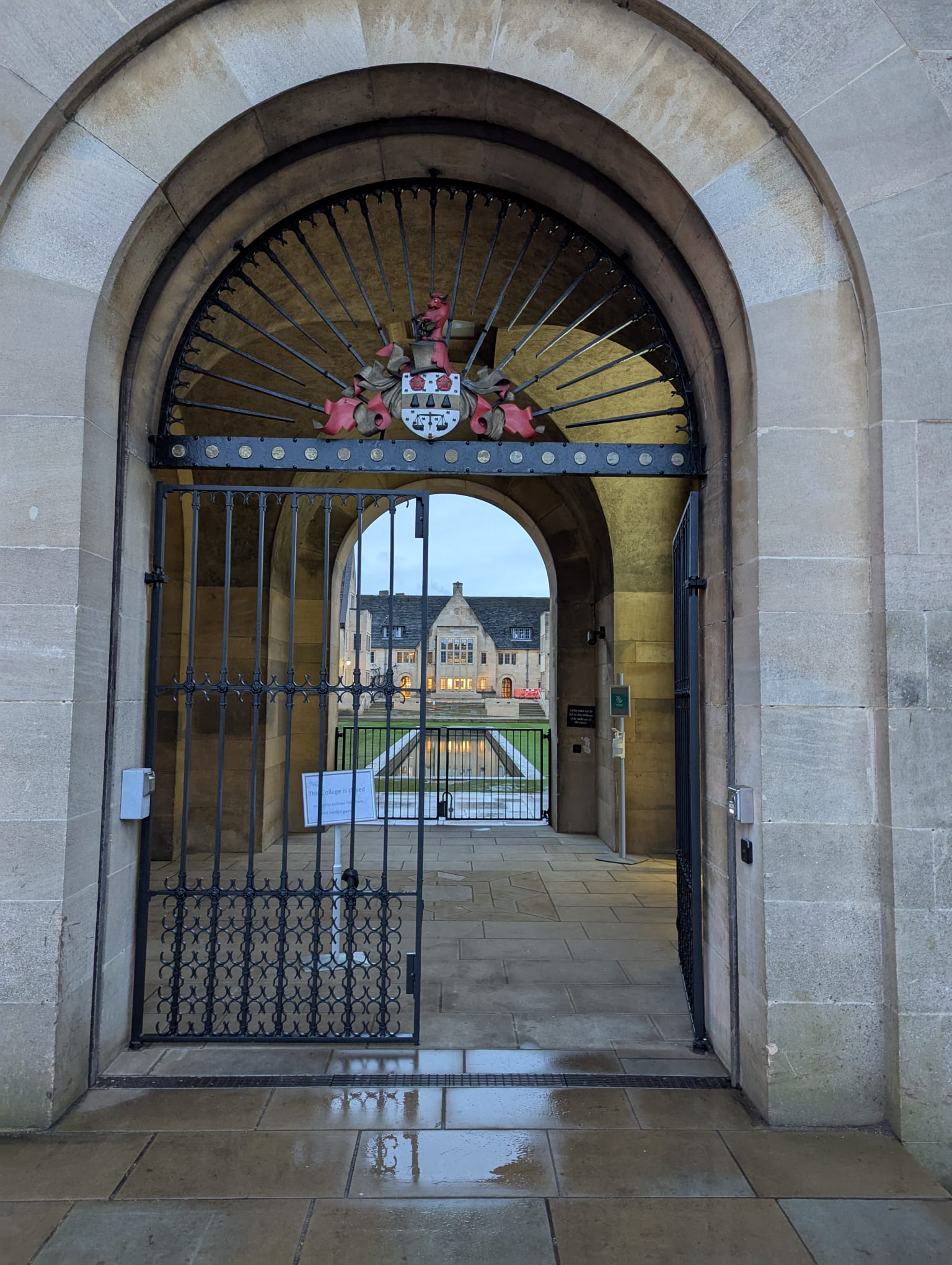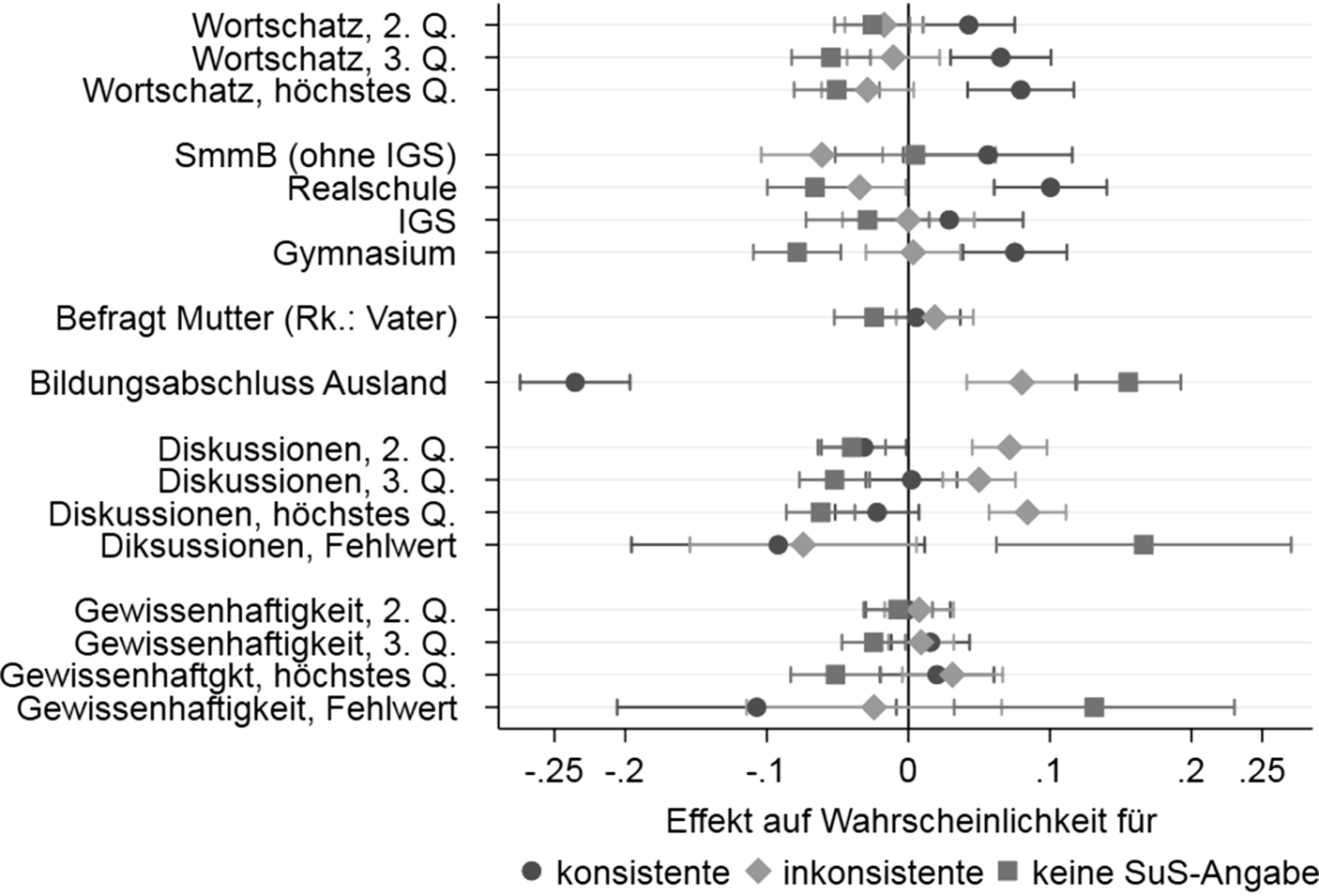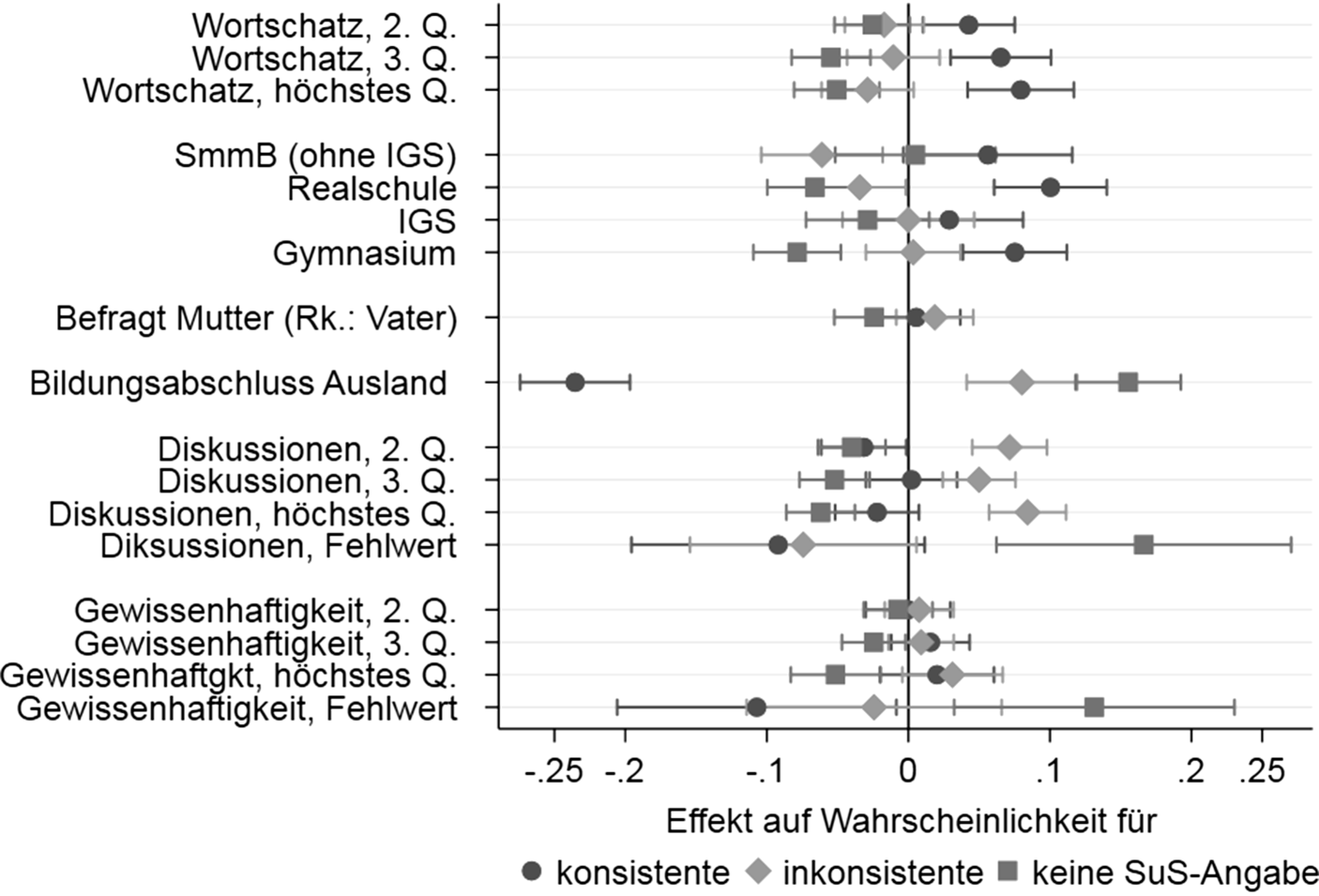New Paper out in Research in Social Stratification and Mobility

In a freshly published study, Georg Lorenz and I show how social influence between adolescents is influenced by social class boundaries: Friends whose parents have the same educational degree influence each other more in their educational aspirations than friends whose parents have different educational degrees, a phenomenon we call similarity bias. This similarity bias exists in face of a marked heterogeneity of relationships: adolescents have many diverse friendships with respect to parental education. Hence, de-segregation of schools, classrooms, and friendships may not be enough to reduce educational inequality. On top of that, similarity bias needs to be better understood and reduced. Link to the Study https://doi.org/10.1016/j.rssm.2025.101071.
August 29, 2025Moving to Oxford

I am thrilled to announce a new career update: As of October 2024, I am starting a doctorate in Sociology at Nuffield College and the University of Oxford. Over the next three years I will devote most of my time to the research of social networks and social cohesion. This research is made possible by a generous stipend of Nuffield College.
September 30, 2024New Job:

I am pleased to announce that I just started a new job. Over the next three years, I will be working as a data scientist and associate researcher in the research project SERIOUS led by Georg Lorenz. I will be investigating adolescents' social networks, how they relate to each other, and how this may affect social inequality. I am looking forward to the new challenge and to deepening my knowledge of social network analysis!
April 01, 2022New paper out in Zeitschrift für Erziehungswissenschaft: Can adolescents provide valid information on parents’ educational attainment in standardized surveys?

Together with Thorsten Schneider, I examined the quality of children's' responses regarding their parents' education. We find that, other than previously thought, these responses are not only often incorrect, but that this bias is also systematic: Children of immigrants, children of parents with lower education, and children with lower vocabulary skills misreport their parents' education significantly more often. We show that using children's responses in studies can lead to underestimations of educational inequality. Link to the Study: https://link.springer.com/article/10.1007/s11618-021-01016-5
May 03, 2021